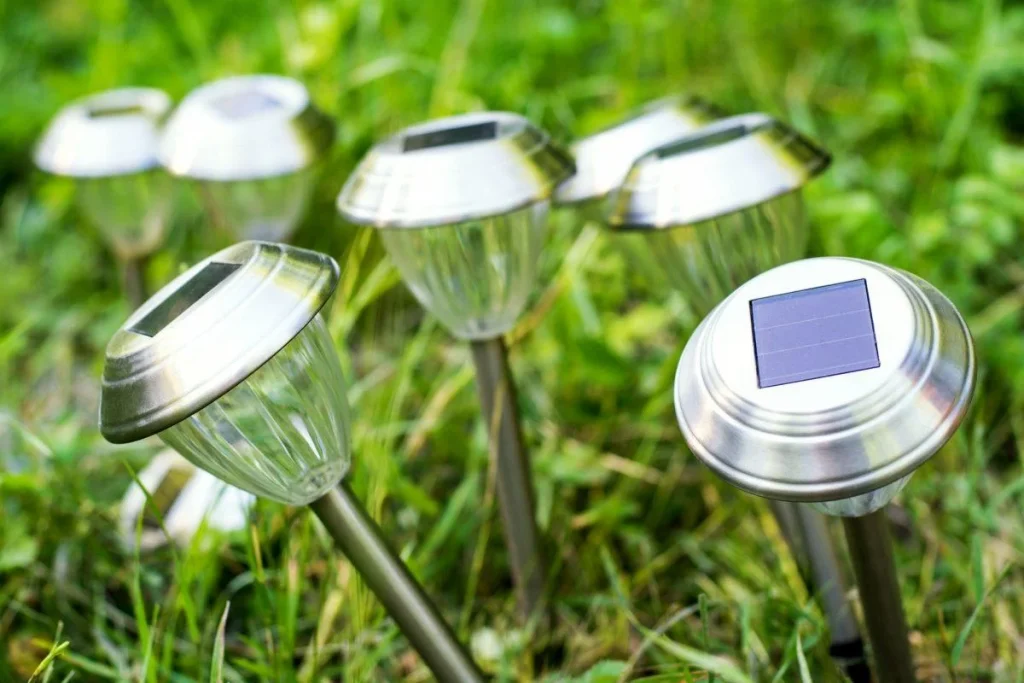Illuminate Nights Bug-Free – The Truth About Whether Solar Lights Attract Insects
Solar lights have become increasingly popular for illuminating outdoor spaces, offering an eco-friendly and cost-effective alternative to traditional lighting systems. One common concern among potential users, however, is whether these solar-powered lights attract insects, potentially disrupting peaceful evenings outdoors. The truth is that solar lights, in general, do not attract insects any more than traditional lights powered by electricity. Insects are primarily drawn to light with specific wavelengths, such as ultraviolet and blue light, which are not prominent in most solar-powered fixtures. Solar lights typically use LEDs Light Emitting Diodes as their light source. These LEDs emit light in a narrow spectrum, and many solar lights are designed to produce warm white or yellow light, which is less attractive to insects. Unlike traditional incandescent or fluorescent bulbs that emit a broader spectrum of light, solar lights minimize the wavelengths that insects find appealing. This feature makes solar lights an excellent choice for those looking to enjoy outdoor spaces without the bothersome presence of insects.

Furthermore, the intensity of light emitted by solar-powered fixtures is generally lower compared to traditional lights. High-intensity lights, particularly those with a strong blue component, tend to attract more insects. Solar lights, by their nature, emit a softer, warmer glow that is less likely to draw in flying insects. This characteristic not only creates a pleasant ambiance but also contributes to a bug-free environment. It is important to note that factors such as the color temperature of the light and the specific design of the solar light bugs can influence its insect-attracting potential. Some solar lights may produce light with a cooler temperature, which could be more appealing to insects. However, manufacturers are increasingly aware of these concerns and strive to create solar lights that are both aesthetically pleasing and insect-friendly.
While solar lights themselves are not significant attractors of insects, their placement and surroundings can play a role. Placing solar lights near areas with stagnant water or strongly scented flowers may still attract some insects. It is advisable to strategically position solar lights in areas where insects are less likely to congregate. Additionally, routine maintenance, such as keeping the lights clean and free of debris, can contribute to minimizing insect activity around the fixtures. In conclusion, the fear that solar lights attract insects is largely unfounded. These energy-efficient lighting solutions are designed to emit a gentle, warm light that is not particularly appealing to insects. As technology continues to advance, solar light manufacturers are incorporating features that enhance their insect resistance, making them a reliable and bug-free option for illuminating outdoor spaces. So, illuminate your nights with solar lights, and enjoy your outdoor gatherings without worrying about unwelcome insect guests.

